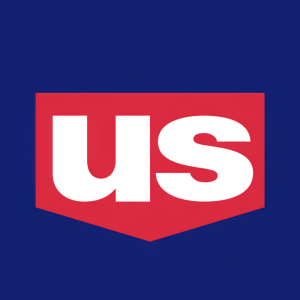U.S. Bancorp Releases Dodd-Frank Act Stress Test Results
Based on its 2024 stress test results, the company expects to be subject to a preliminary stress capital buffer (SCB) of 3.1 percent, for the period beginning October 1, 2024, and ending on September 30, 2025. The Federal Reserve has stated that it expects to finalize the SCB for all firms by August 31, 2024. The SCB, when added to the Basel III Common Equity Tier 1 (CET1) capital to risk-weighted assets ratio minimum of 4.5 percent, requires the company to maintain a CET1 ratio at or above 7.6 percent through this period.
All U.S. Bancorp regulatory ratios continue to reflect strong capital levels and are in excess of “well-capitalized” requirements. The company’s CET1 capital to risk-weighted assets ratio using the Basel III standardized approach was 10.0 percent as of March 31, 2024.
The company’s common stock repurchases, except for those done exclusively in connection with its stock-based compensation programs, currently remain suspended. The company will evaluate its share repurchases in connection with the potential capital requirements given proposed regulatory capital rules and related landscape. Any additional capital distributions remain subject to the approval of
“The results of this year’s stress test demonstrate that we are well-capitalized, have a healthy balance sheet and remain prepared to manage potential industry stress and withstand a severe economic downturn,” said Andy Cecere, Chairman and CEO of U.S. Bancorp.
In addition, the company has published its company-run DFAST results, which are available on the company’s website at www.usbank.com under “About Us,” “Investor Relations,” “Financials,” “Supporting documents” and “Dodd-Frank Act Stress test results.”
The company’s DFAST results may differ from those calculated and published by the Federal Reserve Board largely due to, but not limited to, differences in models, methodologies, assumptions and applicable capital and accounting rules.
About U.S. Bancorp
U.S. Bancorp, with more than 70,000 employees and
Forward-Looking Statements
This press release contains forward-looking statements about U.S. Bancorp. Statements that are not historical or current facts, including statements about beliefs and expectations, are forward-looking statements and are based on the information available to, and assumptions and estimates made by, management as of the date hereof. These forward-looking statements cover, among other things,
Readers are cautioned not to place undue reliance on any forward-looking statements. Forward-looking statements speak only as of the date hereof, and the Company undertakes no obligation to update them in light of new information or future events.
View source version on businesswire.com: https://www.businesswire.com/news/home/20240628787404/en/
Investor contact:
George Andersen,
george.andersen@usbank.com
612.303.3620
Media contact:
Jeff Shelman,
jeffrey.shelman@usbank.com
612.303.9933
Source: U.S. Bancorp







